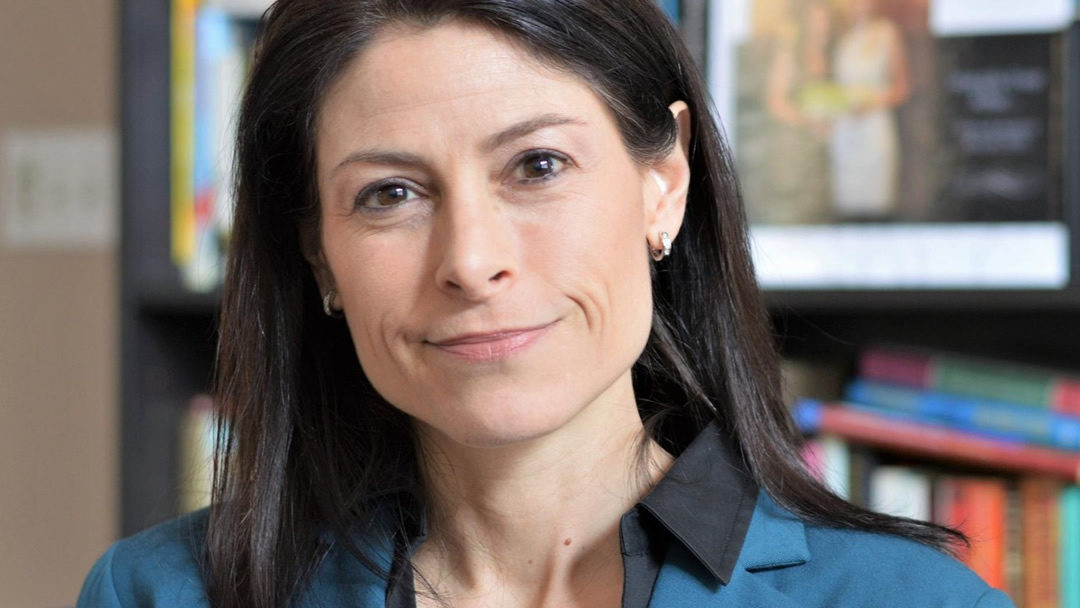
West Bloomfield doctor sentenced for diverting thousands of oxycodone pills
June 19, 2019
DETROIT – A Detroit-area doctor was sentenced to 60 months in prison today for his role in a scheme to unlawfully distribute more than 23,000 pills of oxycodone.
Assistant Attorney General Brian A. Benczkowski of the Justice Department’s Criminal Division, U.S. Attorney Matthew Schneider of the Eastern District of Michigan, Special Agent in Charge Timothy J. Plancon of the U.S. Drug Enforcement Administration’s Detroit Division, Special Agent in Charge Timothy R. Slater of the FBI’s Detroit Division and Special Agent in Charge Lamont Pugh III of the U.S. Department of Health and Human Services Office of Inspector General’s Chicago Regional Office made the announcement.
Alex Kafi, M.D., 70, of West Bloomfield, Mich., was sentenced by U.S. District Judge Victoria A. Roberts of the Eastern District of Michigan. Kafi pleaded guilty in August 2018 to one count of conspiracy to distribute controlled substances.
“Betraying his duties as a licensed physician, Alex Kafi, accepted cash in exchange for writing medically unnecessary prescriptions for addictive opioids as part of a scheme that flooded Michigan with thousands of doses of oxycodone,” said Assistant Attorney General Benczkowski. “Holding corrupt doctors accountable is critical to our ongoing efforts to combat the opioid epidemic nationwide and the Department of Justice will continue to aggressively pursue medical professionals like Alex Kafi.”
“Today’s opioid epidemic is fueled, in part, by the greed of certain doctors who knowingly prescribe legitimate pain medications to individuals for no legitimate medical purpose,” said U.S. Attorney Schneider. “Dr. Kafi’s action contributed to Michigan’s opioid crisis for the sole purpose of lining his pockets. We will continue to use every means available to investigate and prosecute these cases.”
“Today’s sentencing is a reminder of DEA’s determination to bring medical professionals who betray the trust of their community to justice,” said Special Agent in Charge Plancon. “The DEA, through regulation and enforcement, will continue to partner with other law enforcement agencies to identify, investigate and prosecute licensed physicians, like Dr. Kafi, who use their medical profession and position to conceal the unlawful diversion and distribution of prescription drugs.”
As part of his guilty plea, Kafi admitted that from 2013 through May 2017, he engaged in a scheme in which he wrote medically unnecessary prescriptions for oxycodone in exchange for cash. Kafi wrote these fraudulent prescriptions often without ever meeting or communicating with the patient. Instead, Kafi conspired with patient recruiters who provided him with lists of patients, along with $300 per prescription of oxycodone, he admitted. Kafi admitted the scheme involved approximately 693,000 milligrams of oxycodone. He agreed to forfeit $617,208.00, representing proceeds of his criminal activity.
Kafi’s co-defendant, Danielle Smith, was sentenced by Judge Roberts to serve 32 months in prison on Feb. 7, 2019. Additional co-defendant Cheryl Ozoh awaits sentencing. Smith and Ozoh each also pleaded guilty to one count of conspiracy to distribute controlled substances.
The DEA, HHS-OIG and FBI investigated the case. Trial Attorney Steven Scott of the Criminal Division’s Fraud Section is prosecuting the case.
The Fraud Section leads the Medicare Fraud Strike Force, which is part of a joint initiative between the Department of Justice and U.S. Department of Health and Human Services to focus their efforts to prevent and deter fraud and enforce current anti-fraud laws around the country. Since its inception in March 2007, the Medicare Fraud Strike Force, which maintains 14 strike forces operating in 23 districts, has charged nearly 4,000 defendants who have collectively billed the Medicare program for more than $14 billion. In addition, the HHS Centers for Medicare and Medicaid Services, working in conjunction with the HHS-OIG, are taking steps to increase accountability and decrease the presence of fraudulent providers.




